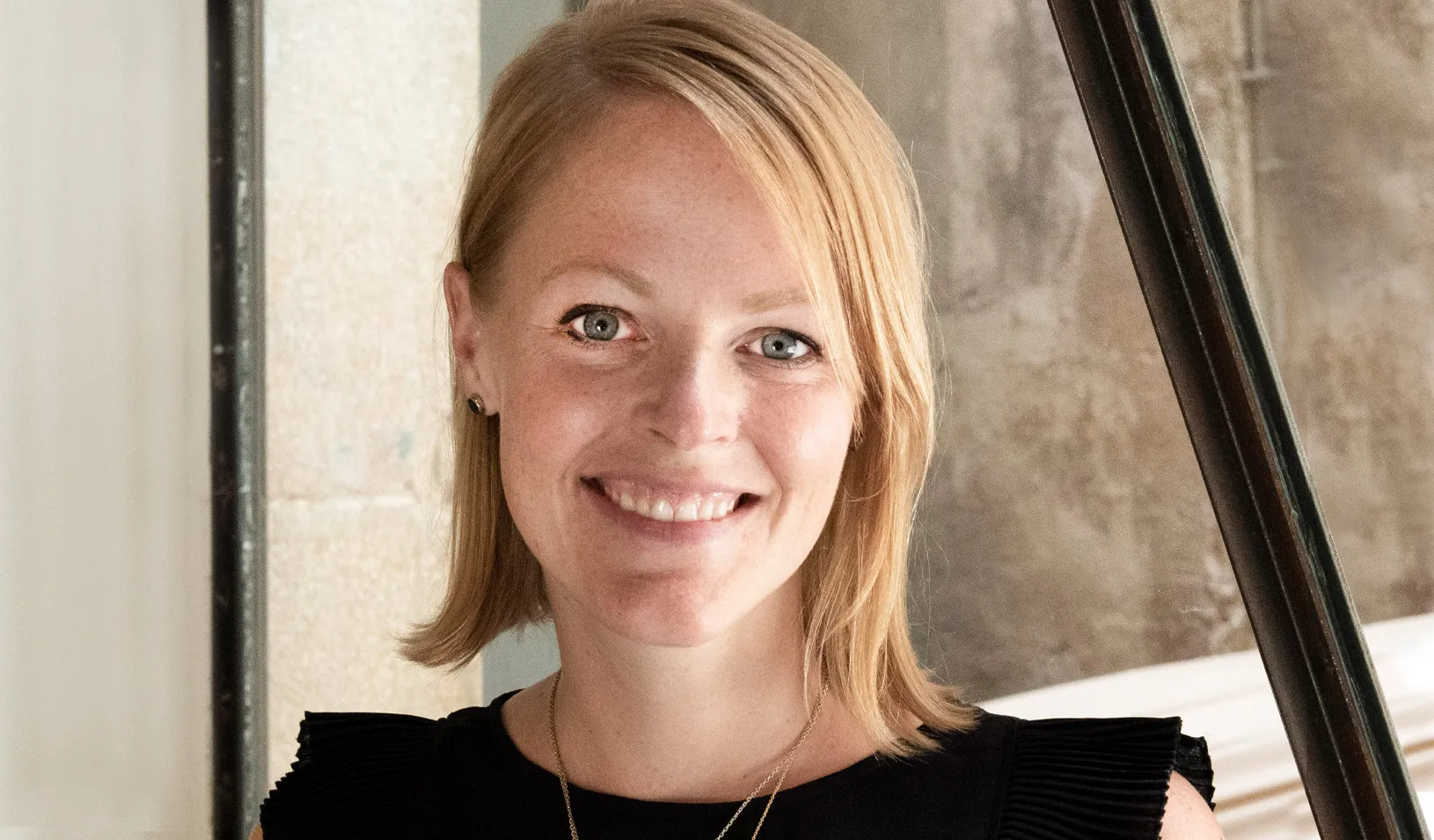Professor William Sharpe Shares Nobel Prize for Economics
Sharpe named for his Capital Asset Pricing Model, an aid to making investment decisions.
October 01, 1990
William F. Sharpe
William F. Sharpe, Timken professor emeritus of finance at the Stanford Graduate School of Business, today was named winner of the 1990 Nobel Prize for Economics for his work in developing models to aid investment decisions.
Sharpe shared the award with Harry Markowitz of the City University of New York, and Merton Miller of the University of Chicago. The award was the seventh time in 10 years the Nobel economics prize has gone to Americans.
Sharpe, 56, is the ninth Nobel laureate on the Stanford faculty and the first member of the Graduate School of Business faculty to win the award. Five other laureates are affiliated with the Hoover Institution at Stanford.
Sharpe, in Tucson, Ariz., for a meeting of the Institute for Quantitative Research in Finance, called the award “almost impossible to comprehend.”
He was informed of the honor by a 3 a.m. telephone call from the Swedish Academy of Science. He went to the meeting to apologize for not being able to attend but before he could say anything, the 110-person session stood and applauded.
They asked if he could stay for about 10 minutes.
“Then they brought in the champagne,” he said.
All three winners work in both the theoretical and practical world of corporate and investment finance.
“Each of the three gave one building block” to the financial market theory, said Assar Lindbeck of the Swedish Academy of Science, which announced the award from Stockholm.
“The theory would have been incomplete if one of them had been missing. Together they created a complete picture of theory for the financial market which has had great importance in research and education,” Lindbeck said.
Sharpe’s theory, called the Capital Asset Pricing Model, is a way of matching potential gain from an investment with the potential risk. The theory is based on the earlier work of Markowitz, who with Sharpe derived theory from Stanford’s Kenneth Arrow, winner of the 1972 Nobel in economics.
Sharpe’s model is considered the standard for the investment industry and is used by corporate, institutional, and pension fund managers to plan and judge their investments.
Arrow said the theory is a “way of approaching a dynamic economy, that is, an economy that changes over time. It balances the present and the expectations of the future, measures gain versus security.
“It has become absolutely standard in the security market,” Arrow added.
The model, Sharpe told the news conference in Tucson, “is a statement”¦or assertion that securities with large amounts of market risk should be priced so that in the long run you should expect to do better, make higher returns by holding them. Basically, the more market risk you take the greater should be your expected long-run return.”
For example, Sharpe’s model was used to predict the return on investments for a portfolio that avoided companies with ties to South Africa. Common wisdom held that divestiture of such stocks would almost surely mean losses in investment potential. But according to Sharpe, even when the costs of divesting are included, a South-Africa-free portfolio could outperform one with those companies included.
His model also makes it possible to judge a portfolio’s performance by the amount of risk inherent in such investments. It helps managers decide when potential return is worth the risks of the investment.
Sharpe also is the author of a major college textbook called Investments (Prentice Hall).
Sharpe said he was particularly happy to share the award with Markowitz. “We’re old and very close friends,” he said. “He was basically my mentor. He so richly deserved it, as did Miller of course.”
He said he did not know what he would do with his share of the $700,000 prize. “We have just not had a chance to think that through,” he said. “The honor is so great that it kind of dwarfs the money, although God knows, it’s a large amount of money; I don’t want to demean the money by any way, shape or form.”
Back at Stanford, his colleagues were nearly as excited.
John Roberts, Jonathan B. Lovelace Professor of economics at the Business School, called the award “wonderful.” “Bill is a superb researcher, not only concerned with the theoretical content but is extremely concerned with its implementation in the real world. On top of that, he’s a super teacher.
“His work is used all the time in practical finances, by corporations, investment banks and investment services.”
A. Michael Spence, dean of the Business School, said that “all of Bill’s colleagues around the country and the world are very excited and pleased by this recognition: The Capital Asset Pricing Model and its applications are a major innovation, or enduring practical and theoretical significance. No aspect of finance has been unaffected by Bill’s work.
“The Nobel Prize is a wonderful recognition of his creativity and insight. It is also gratifying that this recognition should come to a person who has been a gifted and dedicated teacher for all of his academic career.”
“It’s really good that the work in finance pioneered by Ken Arrow many decades ago, is receiving the attention it deserves,” said James Rosse, Stanford’s provost. “There has been great improvement in the way the capital markets work as a result of Bill’s research. Bill Sharpe is one of the most deserving human beings I know,” Rosse said.
Sharpe, a native of Cambridge, Mass., received all three of his degrees from the University of California in Los Angeles.
He arrived at the Business School in 1970 as a professor of finance after having previously taught at the University of Washington and U.C. Irvine.
He retired to emeritus status last year.
Sharpe is president of William F. Sharpe Associates, a consulting company and lives in Los Altos, Calif.
He has written six books, authored numerous scholarly papers and is past president of the American Finance Association.
For media inquiries, visit the Newsroom.
Explore More
Erin Nixon Joins Stanford GSB as Assistant Dean of Admissions

Nia Rose Froome, MBA ’23: Making Local, Fresh Food Available for All

New Research Fund Promotes Responsible Leadership for the Next Century
